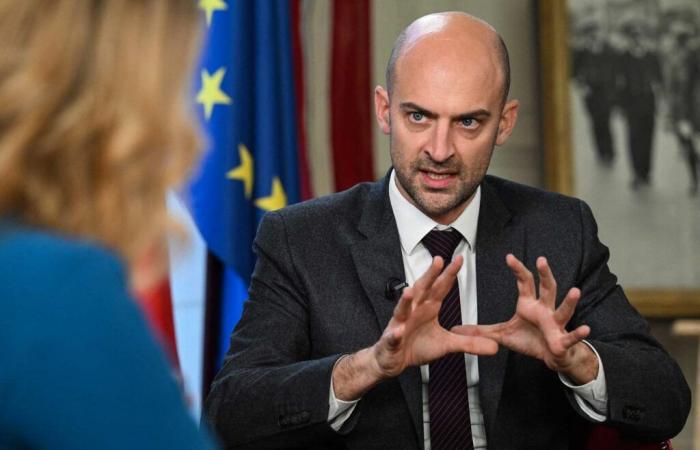The Elysée has chosen to not make any official comment. Meanwhile, the Ministry of Foreign Affairs issued a series of statements, most of them convoluted. It is apparent that French authorities aren’t sure how to react to the arrest warrants issued on Thursday, November 21, by the International Criminal Court (ICC) for Israeli Prime Minister Benjamin Netanyahu and his former defense minister Yoav Gallant.
The two men are wanted by the ICC in connection with the war in Gaza waged against Hamas in the aftermath of the October 7, 2023 massacre. They are accused as co-perpetrators of the “war crime of starvation as a method of warfare; and the crimes against humanity of murder, persecution, and other inhumane acts.” Both are now liable to arrest if they set foot on the soil of one of the 124 countries, including France, that are signatories to the Rome Statute, which established the ICC in 1998.
However, no one in the French government is able to give an official assurance that the ICC’s decision will indeed be enforced if the Israeli leader or his former minister, fired in early November, visits France. Since the ICC’s announcement on November 21, French Foreign Affairs Minister Jean-Noël Barrot has been trying to clarify the French position, but not without taking infinite precautions.
“France is very attached to international justice and very attached to the ICC being able to work in complete independence,” said the foreign minister on French television on Sunday. “The ICC has issued an arrest warrant which is the formalization of an accusation made against certain Israeli officials,” he added. But when asked whether Netanyahu would be arrested if he visited France, Barrot preferred to sidestep the question: “France will always apply international law,” he replied, without elaborating. On November 21, Foreign Affairs Ministry spokesperson Christophe Lemoine, responding to a question on the same subject, had merely said that it was a “legally complex question.”
Maintaining contact with Netanyahu
This cautious approach contrasts sharply with the position taken by the European Union’s High Representative for Foreign Affairs Josep Borrell, who promptly asserted that the arrest warrants must be “respected and applied.” Among the signatories to the Rome Statute, some welcomed the ICC’s initiative, such as Ireland, whose prime minister, Simon Harris, called it an “extremely significant step.” Others, such as Belgium, Norway and the Netherlands, announced without delay that they would comply with the ICC’s decisions. Nothing of the sort in Paris, where the best that can be said privately is that they would defer to French justice if Netanyahu and Gallant were to enter the country.
You have 60.4% of this article left to read. The rest is for subscribers only.






